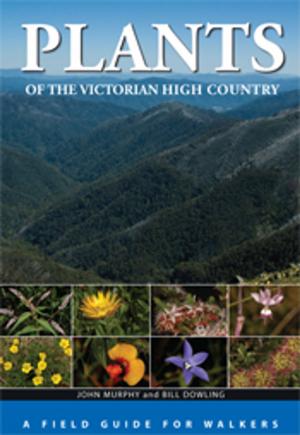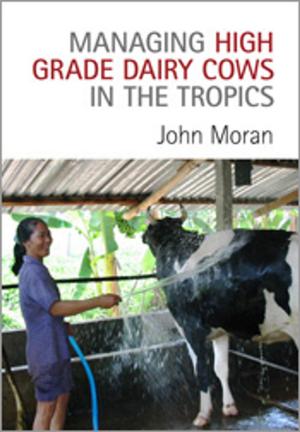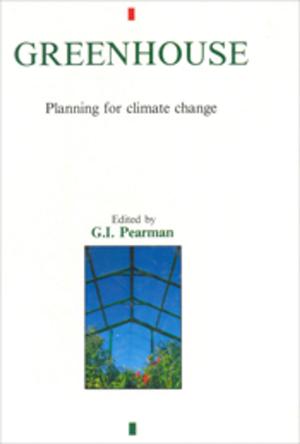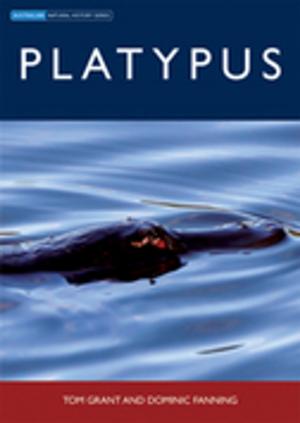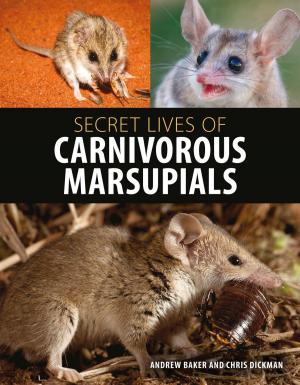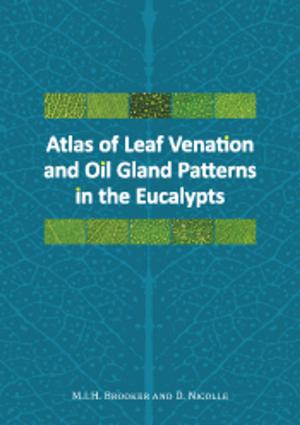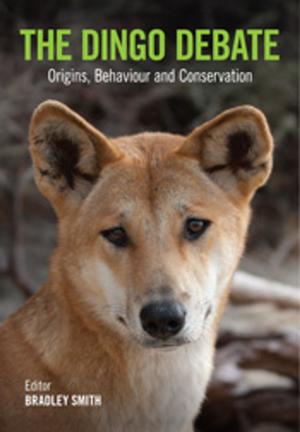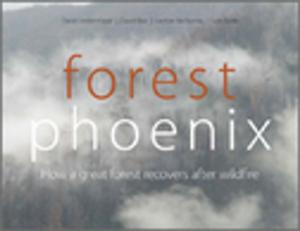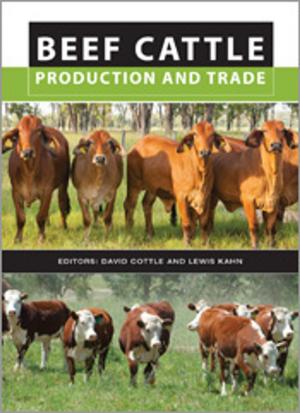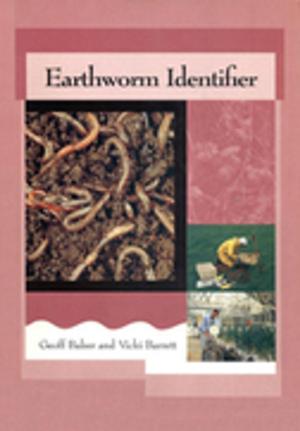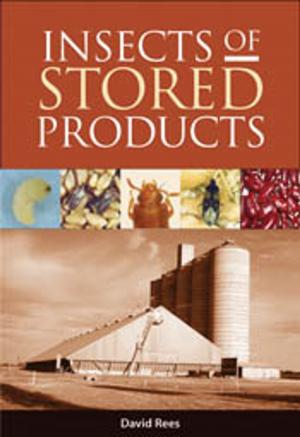Floodplain Wetland Biota in the Murray-Darling Basin
Water and Habitat Requirements
Nonfiction, Science & Nature, Technology, Nature, Science| Author: | ISBN: | 9780643102194 | |
| Publisher: | CSIRO PUBLISHING | Publication: | November 15, 2010 |
| Imprint: | CSIRO PUBLISHING | Language: | English |
| Author: | |
| ISBN: | 9780643102194 |
| Publisher: | CSIRO PUBLISHING |
| Publication: | November 15, 2010 |
| Imprint: | CSIRO PUBLISHING |
| Language: | English |
Floodplain wetlands of the Murray-Darling Basin provide critical habitat for numerous species of flora and fauna, yet the ecology of these wetlands is threatened by a range of environmental issues. This book addresses the urgent need for an improved ecohydrological understanding of the biota of Australian freshwater wetlands. It synthesises key water and habitat requirements for 35 species of plants, 48 species of waterbirds, 17 native and four introduced species of fish, 15 species of frogs, and 16 species of crustaceans and molluscs found in floodplain wetlands of the Murray-Darling Basin. Each species profile includes: the influence of water regimes on the survival, health and condition of the species; key stimuli for reproduction and germination; habitat and dietary preferences; as well as major knowledge gaps for the species. Floodplain Wetland Biota in the Murray-Darling Basin also provides an overview of the likely impacts of hydrological change on wetland ecosystems and biota, in the context of climate change and variability, with implications for environmental management. This important book provides an essential baseline for further education, scientific research and management of floodplain wetland biota in the Murray-Darling Basin.
Floodplain wetlands of the Murray-Darling Basin provide critical habitat for numerous species of flora and fauna, yet the ecology of these wetlands is threatened by a range of environmental issues. This book addresses the urgent need for an improved ecohydrological understanding of the biota of Australian freshwater wetlands. It synthesises key water and habitat requirements for 35 species of plants, 48 species of waterbirds, 17 native and four introduced species of fish, 15 species of frogs, and 16 species of crustaceans and molluscs found in floodplain wetlands of the Murray-Darling Basin. Each species profile includes: the influence of water regimes on the survival, health and condition of the species; key stimuli for reproduction and germination; habitat and dietary preferences; as well as major knowledge gaps for the species. Floodplain Wetland Biota in the Murray-Darling Basin also provides an overview of the likely impacts of hydrological change on wetland ecosystems and biota, in the context of climate change and variability, with implications for environmental management. This important book provides an essential baseline for further education, scientific research and management of floodplain wetland biota in the Murray-Darling Basin.

